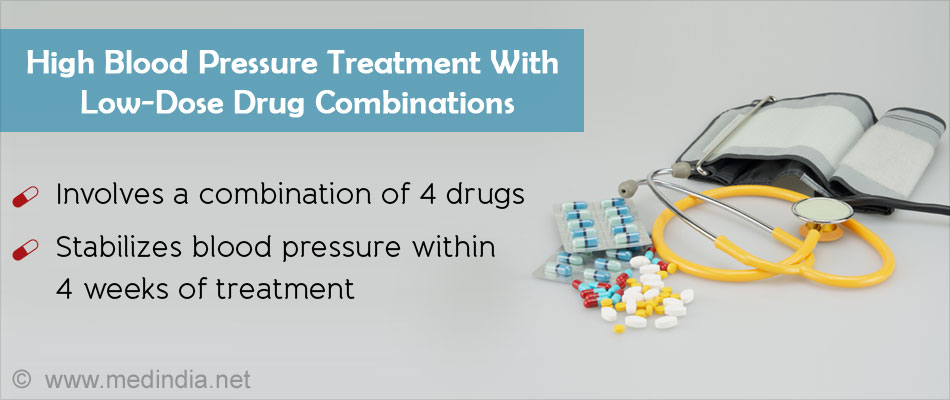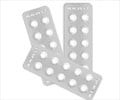
- Systolic Blood Pressure Intervention Trial (SPRINT) conducted by The National Institute of Health (NIH) studied the effect of blood pressure on heart disease, kidney disease, stroke and mental decline.
- High blood pressure is a major health concern in the U.S.
- Based on SPRINT, there are new recommendations for hypertension management.
The Study - SPRINT
Systolic Blood Pressure Intervention Trial (SPRINT) was conducted by the National Institute of Health(NIH) to study the effect of blood pressure on heart disease, kidney disease, stroke and mental decline due to age. The study included nearly 9300 participants and began in September 2009. The study participants were over 50 years of age and were recruited from medical centers across U.S and Puerto Rico.The intervention that was used in the study includes blood pressure medication that was administered carefully to bring the blood pressure down to the required level.
The Initial Phase of the Study Found That:
Targeting and maintaining a lower blood pressure of 120mm/Hg lowered risk of cardiovascular disease, kidney disease, stroke and mental decline a lot better than previously recommended level of 140 mm/Hg.
Maintaining patient blood pressure at 120 mm/Hg resulted in reduction of risk of:
- Heart failure, heart attack and stroke by a third
- Death by a quarter
The earlier clinical guidelinesthat dictated the management of hypertension stated that
- Blood pressure of healthy adults should be maintained at 140mm/Hg
- Blood pressure for patients at risk of kidney disease should be 130 mm/Hg
- Nearly 1 in 3 adults in the U.S has hypertension
- One billion people across the world suffer from hypertension with two thirds from developing countries
- The leading cause of cardiovascular disease and premature death worldwide is due to hypertension.
- There is a higher risk of developing symptoms of diabetes among people with hypertension.
- According to WHO, by 2025, 1. 56 billion adults will suffer from hypertension worldwide.
- 25% rural and 33% urban Indians were hypertensive
- Only 25% of rural Indians with hypertension receive treatment
- Only 38% of urban Indians with hypertension receive treatment
Therapy for Hypertension
Clinical management guidelines in the U.S and Canada recommendFor First Line of Defense:
- Angiotensin-converting enzyme (ACE) inhibitor
- Angiotensin receptor blocker (ARB)
- Calcium channel blocker (CCB)
The therapy for hypertension should include the latest recommendation based on the SPRINT study that blood pressure should be maintained at 120/80 mm/Hg for better care and lower risk of associated diseases. This requires more aggressive treatment and better monitoring.
References:
- Systolic Blood Pressure Intervention Trial
https://www.sprinttrial.org/public/dspHome.cfm - New Recommendations for Managing Hypertension
http://today.uconn.edu/2016/02/new-recommendations-for-managing-hypertension/ - Landmark NIH study shows intensive blood pressure management may save lives
http://www.nhlbi.nih.gov/news/press-releases/2015/landmark-nih-study-shows-intensive-blood-pressure-management-may-save-lives - QUICK FACTS on hypertension & high blood pressure
http://www.world-heart-federation.org/heart-facts/fact-sheets/cardiovascular-disease-risk-factors/quick-facts-on-hypertension-high-blood-pressure/ - High Blood Pressure Facts
http://www.cdc.gov/bloodpressure/facts.htm - Hypertension in India
http://www.ncbi.nlm.nih.gov/pmc/articles/PMC4011565/














